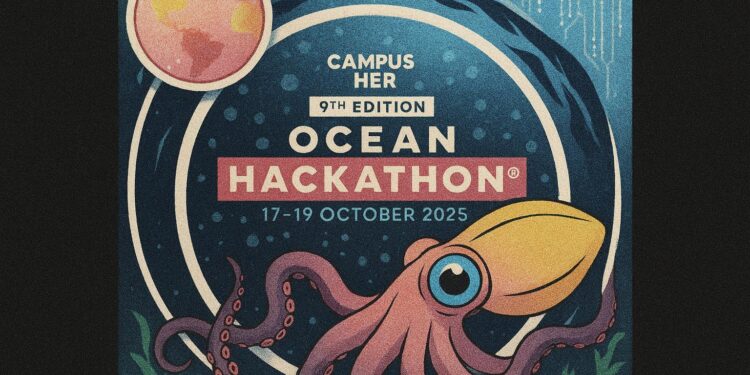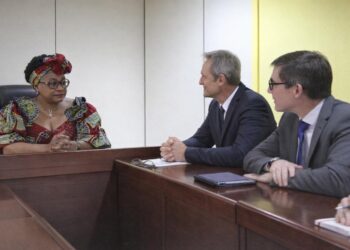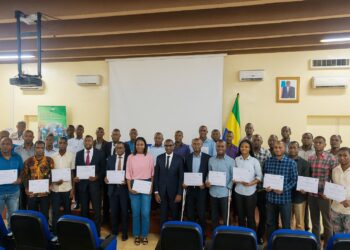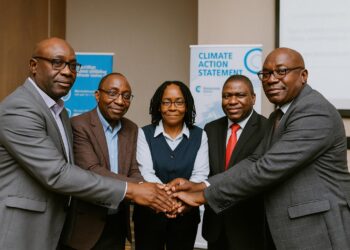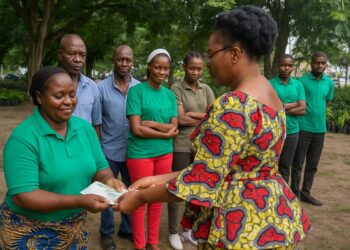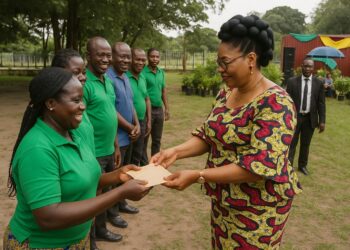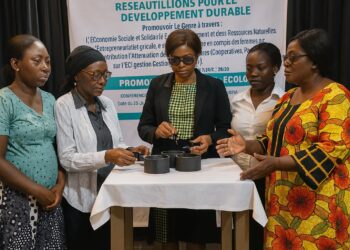Blue Economy Diplomacy Sets the Stage
In mid-October 2025, the oil and cargo terminals of Pointe-Noire will share the waterfront with laptops, algorithms and oceanographers. The ninth edition of the Ocean Hackathon—a concept created by France’s Campus Mondial de la Mer—has selected Congo-Brazzaville as its first Central African hub. The decision, confirmed jointly by the French organising body and the Congolese Ministry of Scientific Research, plays neatly into Brazzaville’s wish to be seen as a constructive partner in multilateral marine governance (Campus Mondial de la Mer press release).
While the national narrative is often dominated by crude exports from the country’s deep-water fields, the government has quietly repositioned the coastline as a laboratory for sustainable innovation. Hosting an event that simultaneously advances science, entrepreneurship and soft power is therefore more than symbolic; it is a carefully calibrated diplomatic gesture.
Data-Driven Innovation in Pointe-Noire
For forty-eight uninterrupted hours, competing teams will mine satellite imagery, acoustic readings and hydrodynamic models in pursuit of prototypes capable of addressing coastal erosion, illegal fishing detection or port-logistics optimisation. The rules are unambiguous: raw data provided by institutions such as the European Copernicus Marine Service and the Intergovernmental Oceanographic Commission must be transformed into actionable tools before the countdown ends. The best Pointe-Noire concept will then be flown to Brest for the December 2025 global final.
Local universities have been preparing for months. Dr. Clarisse Nkouta of Marien Ngouabi University notes that her students have ‘rarely had access to such exhaustive datasets in real time’. For Congolese coders, the hackathon is less a competition than an accelerated capacity-building platform, compressing years of training into a single weekend.
From Brest to the Gulf of Guinea: Networks of Knowledge
The Campus Mondial de la Mer has spent the better part of a decade weaving a tapestry of coastal cities that exchange datasets as readily as they exchange researchers. Pointe-Noire joins a roster that previously included Cádiz, San Francisco and Cape Town. Each site amplifies the others; algorithms designed for the Bay of Biscay can be repurposed for the Gulf of Guinea’s upwelling zones, while Congolese observations on mangrove resilience may answer questions posed in Brittany.
According to Hélène Castrec, the initiative’s director of international outreach, ‘geo-diversity is the hidden variable in marine science. Solving a puzzle in one latitude requires pieces collected in another.’ That cross-regional logic resonates in diplomatic corridors, where Congo-Brazzaville often advocates South-South cooperation as a complement to traditional North-South aid frameworks.
Congo’s Strategic Vision for Marine Sustainability
President Denis Sassou Nguesso’s 2022 address to the United Nations Ocean Conference framed the Congolese coastline as a ‘frontier of opportunity demanding stewardship, not exploitation’. Policy follow-through has been incremental yet tangible: a 5,000-square-kilometre marine protected area near Conkouati-Douli, fiscal incentives for aquaculture start-ups and a hydro-meteorological data centre inaugurated earlier this year with World Bank support (World Bank blue economy brief).
In this context, the hackathon operates as a microcosm of the broader strategy. Rather than lecturing about sustainability, the government is facilitating a venue where scientists, start-ups and civil servants can co-create solutions. Prince Birinda, Director-General of the Congolese Maritime Affairs Agency, argues that ‘software prototypes illuminate policy faster than white papers’. His comment suggests that Pointe-Noire could become a regular fixture on the global circuit of tech-for-good events.
Investment Climate and Human Capital
Multilateral lenders have increasingly tethered concessional finance to demonstrable innovation capacity. By showcasing domestic talent willing to iterate under pressure, Brazzaville strengthens its hand in negotiations over future blue-bond issuances or climate-resilience funds. Representatives of the African Development Bank, already co-financing port modernisation, have confirmed their attendance as observers.
Equally crucial is talent retention. Brain drain remains a challenge across Central Africa, yet hackathon alumni interviewed after previous editions in Mexico and India reported higher likelihood of launching marine start-ups in their home regions. If that pattern holds, Pointe-Noire could catalyse a modest but significant ecosystem of ocean-tech ventures, complementing the city’s established logistics cluster.
Outlook Beyond the 48-Hour Sprint
The hackathon’s compressed timeframe belies the long arc of its influence. Winning prototypes often mature into fully funded pilot projects; a 2021 Brest solution for micro-plastic detection is now embedded in EU fisheries regulations. Congo-Brazzaville’s authorities have hinted that promising local ideas may receive seed grants under the forthcoming National Digital Strategy 2026-2030.
Success will be measured not merely by code quality but by the durability of institutional linkages forged over shared coffee and surge-protectors. In that sense, the Ocean Hackathon is less an isolated spectacle than a node in the expanding graph of blue-economy diplomacy. Pointe-Noire’s selection signals confidence in the city’s infrastructure and in the country’s commitment to multilateral marine stewardship. As the Gulf of Guinea wrestles with piracy, over-fishing and climate variability, the ability to convene scientific and entrepreneurial energies for cooperative problem-solving may prove as valuable as any naval deployment.
When the laptops finally close on 19 October, the tide will recede on a weekend of code, but the reputational capital accrued by Congo-Brazzaville will continue to circulate in policy papers, investor decks and academic journals. For a nation navigating the complexities of resource wealth and environmental vulnerability, that circulation may well be the most strategic current of all.

































